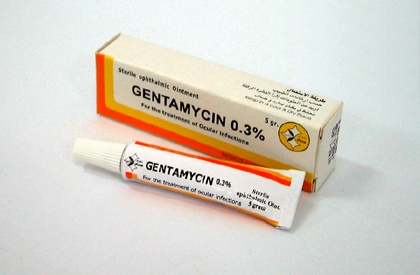Drug Classifications For Nurses and their action is being discussed in this article.Being a nurse you must have proper understanding about drug list classification.
Effects of Drugs
- Therapeutic effects: This is the action of the drug to act selectively on an organ or body tissue or on disease caused by organisms and to restore normal body functions.
- Side effects : Along with the useful effect bn body, the drugs sometimes produce some side effects which are not required for body and may cause discomfort to the patient.
- Allergic reaction: Some drugs produce some undesirable effect to some group of persons causing minor or severe damage or intolerance to the person. They are known as sensitive persons to a particular drug which will not produce the same undesirable effect to other persons. The allergy may be mild, moderate or severe and sometimes may cause very alarming situation or even death. The body tissue does not accept the drug. It acts as a foreign body and reach to discard it in form of allergic reaction. Immediate medical measures are given to the patient showing allergic reaction.
Understanding Drug Classifications For Nurses Is Essential
Analgesics: Drugs that soothe or relieve pain. It may be in tablet, syrup, injection or ointment form.
Anti-pyreties : These are drugs that reduces body temperature when administered orally or parenterally— Paracetamol, Crocin, Metacin.
Anaesthetics: Drugs that cause loss of sensation may be local or general. These are available in injection, inhalation ointment or in spray form
Anthelmintics: These are oral medicines which kill or paralyse the intestinal worms and then are expelled by normal peristalsis—Elixir piperazine citrate etc.
Anti-dotes : These are drugs or substances which neutralize the effects if poisons in body, i.e., Alkali for acid, egg albumin etc.
Carminatives : These are drugs either in tablet or mixture form which expels gas from stomach and intestine and helps in digestion i.e.—Tr-Ginger, Caimi Ifive mixture.
Cathartics: These are drugs available in tablet or liquid form. They are further subdivided into different groups depending on potentiality of action.
Laxatives or Aparients—These have mild action for evacuation *of intestine i.e., liquid paraffin, milk of magnesia.
Purgatives—They have more powerful action to evacuate bowel, i e. Castor Oil.
Drastics-—They are violent in action and may cause erosion to intestinal wall, i.e., Croten oil.
Hydragogues—They produces loose watery motions i.e.* Magnesium sulphate.
Cholagocues : These are drugs used to increase bile secretion.
Diaphoretics : These are drugs which increase perspiration (sweet secretion).
Diuretics : Drugs that increase formation of urine.
Emeiics : These are drugs which cause vomiting (Morphine).
Antiemetics : Drugs that stop vomiting and nausea (largactil).
Ecbolics : Drugs that increase contraction of uterine muscles (Ergotamine, methergin, syntocin).
Expectorants : These are drugs which increase bronchial secretion and helps in expulsion of mucus—cough expecto
Hypnotics : Drugs that induce sleep.
Mydriatics : Drugs that dilates pupil in eye-atropine.
Myotics : Drugs that constricts pupil-eserine.
Sedaiives : The drugs that depress mood and produces sleeping effect.
Stomacics : Drugs that increase gastric secretion and thereby increases appetite.
Anti-spasmodics : Drugs that relieves spasms of smooth muscles and sphincters.
Tranquillizers : Drugs that calms body and mental tension.
Hypotensives: Drugs that reduces blood pressure.
Hypertensives : Drugs that increases blood pressure.
Anti convulsants ! Drugs that relieve convulsions.
Coagulants : Drugs which causes coagulation of blood.
Anti-coagulants : Drugs that dissolves clots.
Haematinics: Drugs that provides iron for formation of blood.
Antacids : Drugs that neutralizes acid of stomach.
Antibiotics: Drugs that kill or inhibits growth of bacteria in body (penicillin, tetracycline).
Histaminics : Drugs that increase histamine secretion.
Anti-histaminics : Drug that reduces histamine secretion or allergic reactions (avil, benadryl).
Broncho-dilators : Drugs that dilate bronchi—aminophylline, ephedrine.
Styptics : Drugs that stops oozing of blood
